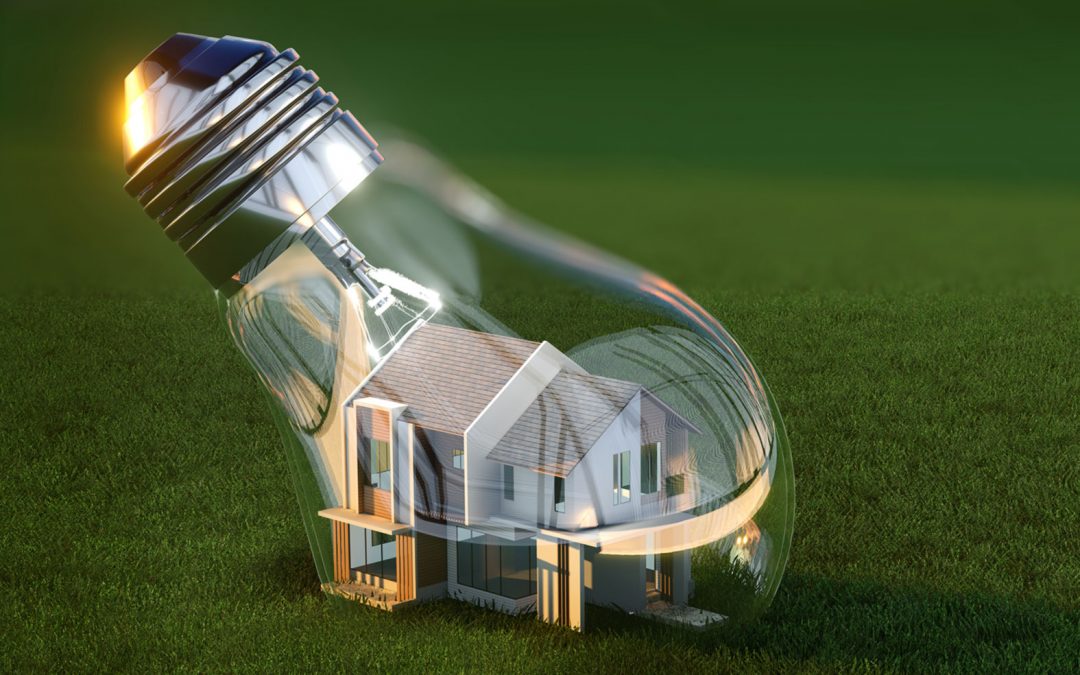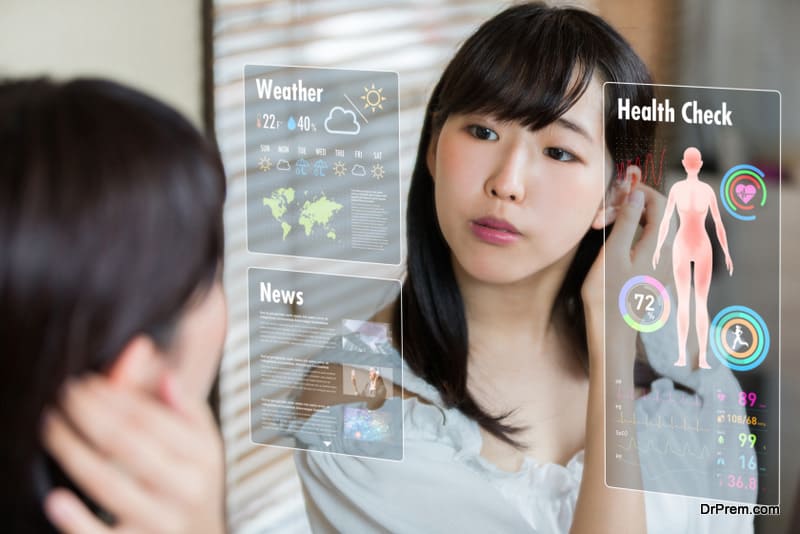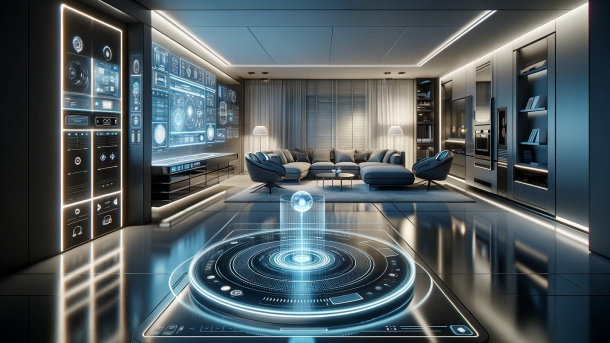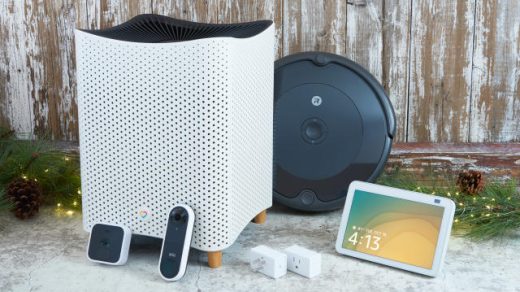Smart homes are no longer a futuristic concept — they’re a reality. With technology transforming how we live, the question on everyone’s mind is, what’s next for home automation? As more homes integrate smart devices like smart speakers, thermostats and security systems, the future looks even more exciting. From artificial intelligence to predictive automation, the next generation of smart homes promises more convenience, personalization and energy efficiency.

1. Artificial Intelligence and Predictive Automation
One of the most significant advancements in smart home technology will be AI-powered automation. AI systems are becoming more advanced, with the ability to learn from user habits and preferences. Imagine a home that knows what temperature you like at different times of the day, adjusts lighting based on the weather or automatically brews your coffee before you even wake up.
AI-driven predictive automation could make smart homes more intuitive. Instead of setting specific commands, your home will anticipate your needs based on your daily routines and environmental factors. For example, if you usually dim the lights at 8 PM to wind down, your smart system will start doing that automatically. The more you interact with your devices, the smarter and more personalized they become.
This trend will blur the line between convenience and true home intelligence, turning your home into a dynamic ecosystem that evolves with you.
2. Seamless Interconnectivity with 5G
As 5G networks become widespread, the speed and efficiency of smart home devices will significantly improve. Today’s smart homes rely on Wi-Fi networks, which can become congested when multiple devices are connected. With 5G, smart devices will be able to communicate faster and more reliably.
This enhanced interconnectivity will allow for more complex automations and larger networks of smart devices, from appliances to home security. Imagine a fully integrated home where your refrigerator can alert you to low supplies, order groceries and coordinate with your car’s GPS to remind you to pick them up on the way home.
Faster and more reliable internet will also unlock the potential for cloud-based home management systems. Homeowners will no longer be limited by local internet speeds, opening the door for remote monitoring and real-time updates from any device, anywhere in the world.

3. Sustainable and Energy-Efficient Homes
The future of smart homes will be deeply connected to sustainability. With energy costs rising and environmental concerns growing, more homeowners are looking for ways to make their homes more energy-efficient.
Enter smart thermostats, energy-efficient lighting and smart water systems that can monitor usage and suggest ways to reduce waste. Many future systems will even use AI to automatically reduce energy consumption during peak hours or when you’re not home, saving you money and reducing your carbon footprint.
Smart grid technology will also allow homeowners to interact with their local utility companies, monitoring energy usage and adjusting accordingly to avoid high costs. Solar panels integrated with smart home systems will allow for energy storage, enabling homes to operate more independently from the grid.
4. Voice Assistants Will Evolve
Voice-controlled devices like Alexa, Google Assistant and Siri have already made their way into millions of homes. However, the future of smart homes will see these voice assistants evolving from simple command-and-response systems into more sophisticated virtual companions.
Future voice assistants will be able to engage in more natural, human-like conversations. They’ll understand context better, allowing for more complex requests like “turn off the lights when I leave” or “dim the lights after sunset.” You’ll be able to control entire workflows with a single command, such as “set movie night,” and your home will respond by dimming the lights, adjusting the thermostat and turning on the TV.
As natural language processing (NLP) and machine learning continue to improve, voice assistants will not only carry out your commands but also anticipate them.

5. Smart Homes and Health Monitoring
Another exciting development in the smart home space is the integration of health monitoring systems. Wearable tech like smartwatches and fitness trackers are just the beginning. In the near future, your smart home could monitor your health by analyzing your sleep patterns, daily activity and even your diet.
Smart kitchens, for example, could recommend recipes based on your health goals or dietary restrictions, while smart beds could adjust firmness based on your sleep quality. Some homes may even feature biometric sensors that track heart rate, blood pressure or air quality – alerting you to potential health risks.
This health-focused automation will help people, especially the elderly and those with chronic conditions, live more independent and safer lives.
6. Advanced Home Security Systems
While home security is already a key feature of smart homes, it’s going to get a lot more advanced. AI-powered cameras will use facial recognition to identify visitors, while smart locks will automatically secure your home when you leave.
More futuristic systems might even use biometric data for access control — fingerprint, retina scanning, or even DNA-based security systems could become mainstream. These advancements will make it easier than ever to monitor and control your home’s security, whether you’re at home or halfway across the world.
Conclusion: What Does the Future Hold for Smart Homes?
The future of smart homes is bright and full of possibilities. As AI, 5G and sustainable technology continue to evolve, we can expect homes to become more integrated, energy-efficient and personalized than ever before.
The days of setting timers for your lights or manually adjusting your thermostat will seem like a thing of the past. Instead, your home will anticipate your needs, automate your routines and provide a seamless living experience that’s tailored to your lifestyle.
Whether you’re looking to upgrade your home today or simply curious about the future, the next decade promises to bring innovation that will make smart homes more accessible, efficient and secure. Stay tuned — the future of home automation is just getting started.



